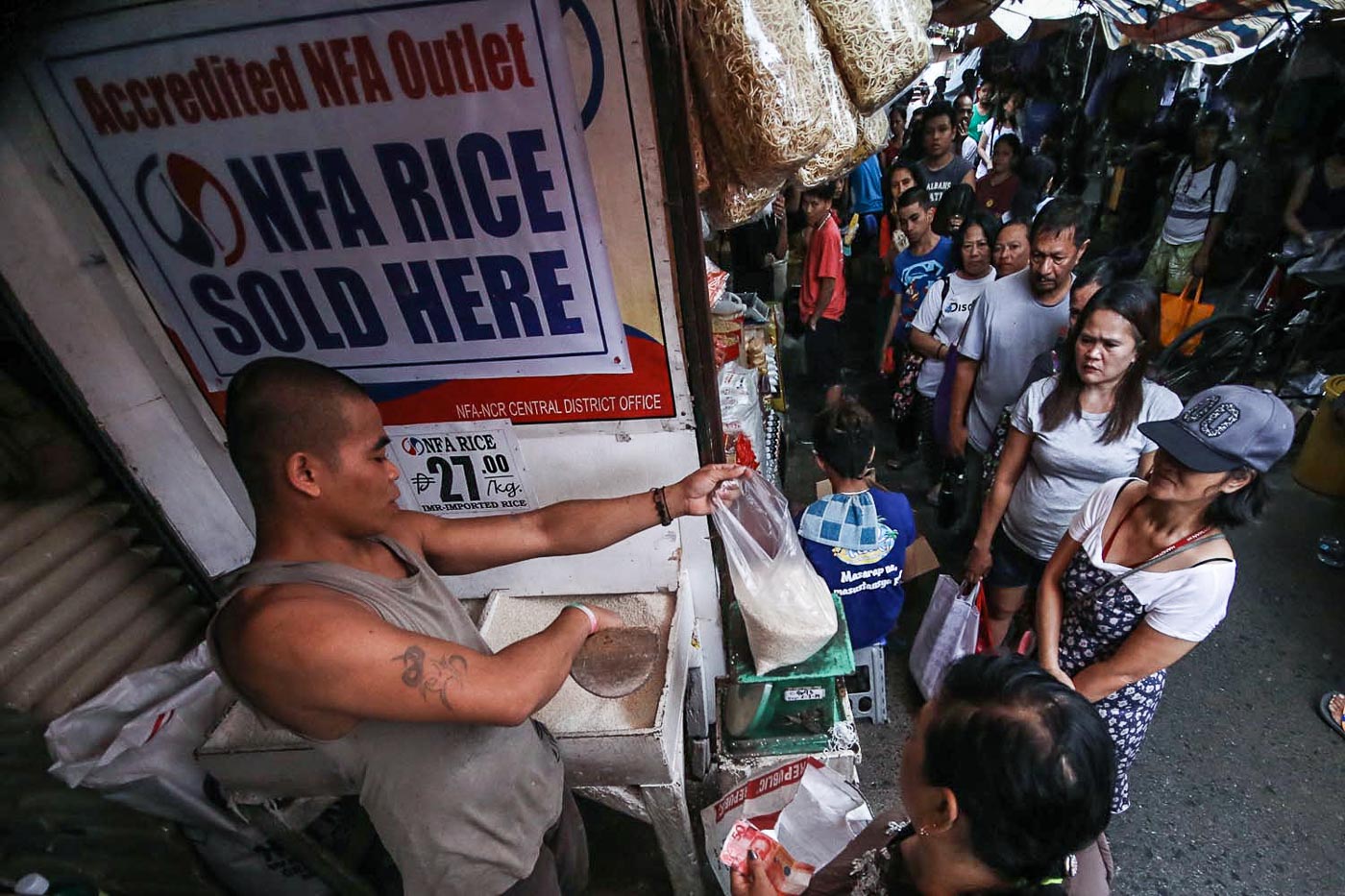
MANILA, Philippines – How much a kilo of rice costs has a major impact on how Filipino families eat, or if they will eat at all.
In November 2017, a kilo of rice cost P42.17. This has increased since, rising to P49.37, even to as much as P55 to P66 in some provinces as of the 4th week of September.
Despite the price increases, the President and his spokesperson have denied there is a rice shortage in the country. But should we get worried?
Take a quick look at the numbers and controversies revolving around our staple food.
Rice crises, past and present
Rice available in the market has two types: regular milled rice (RMR) and well-milled rice (WMR). The latter is more expensive, but the prices for both have been increasing since 2007. Rice prices data with the Philippine Statistics Authority (PSA) go back to January 2007 only.
RMR is rice in which 10%-30% of the lengthwise streaks of the bran layer (hard external layer) are still present on the kernel, while WMR has only less than 10% of bran layer presence. In short, RMR is less polished than WMR.
In July 2008, a global rice crisis occurred from January to May. The year started with the WMR retail price pegged at P25.67 in January reaching P39.76 in July. This subsequently decreased to P32.50 in December. Globally, the cost of a ton of rice increased by 300% ($300 to $1,200) in the first 4 months of 208.
{source}<iframe id="datawrapper-chart-SbBc5" src="//datawrapper.dwcdn.net/SbBc5/6/" scrolling="no" frameborder="0" allowtransparency="true" style="width: 0; min-width: 100% !important;" height="400"></iframe><script type="text/javascript">if("undefined"==typeof window.datawrapper)window.datawrapper={};window.datawrapper["SbBc5"]={},window.datawrapper["SbBc5"].embedDeltas={"100":589,"200":481,"300":427,"400":427,"500":427,"700":400,"800":400,"900":400,"1000":400},window.datawrapper["SbBc5"].iframe=document.getElementById("datawrapper-chart-SbBc5"),window.datawrapper["SbBc5"].iframe.style.height=window.datawrapper["SbBc5"].embedDeltas[Math.min(1e3,Math.max(100*Math.floor(window.datawrapper["SbBc5"].iframe.offsetWidth/100),100))]+"px",window.addEventListener("message",function(a){if("undefined"!=typeof a.data["datawrapper-height"])for(var b in a.data["datawrapper-height"])if("SbBc5"==b)window.datawrapper["SbBc5"].iframe.style.height=a.data["datawrapper-height"][b]+"px"});</script>
{/source}
A 2009 research done for the Center for Global Development attributed the escalating prices during the crisis to 4 reasons:
- government failed to secure adequate amount of stock rice
- statements and actions of government officials "encouraged" long lines and hoarding
- government set a low buying price for domestic rice during the dry seasons, resulting in low stocks
- the National Food Authority's (NFA) decisions "destabilized" both the local and global market
The Arroyo administration in April 2008 launched P43.7-billion worth of agricultural assistance named "Fields" to ensure food security (fertilizer, irrigation, extension and education, loans and insurance, dryers, and seeds).
There was also a spike in rice prices in 2014 during Benigno Aquino III's administration. The year started with increasing prices since May 2013. WMR retail was at P39.49 in January 2014 and reached its highest on September 14 at P44.02. Since then, prices have decreased till January 2018.
The Aquino government resorted to importing 500,000 metric tons (MT) in addition to the 800,000 MT for the year 2014. Rice hoarding also reached 2.3 million MT under Aquino from 2011-2014. At the end of his administration, RA 10845 or the Anti-Agricultural Smuggling Act of 2016 was signed into law.
According to economist JC Punongbayan, the 2008 rice crisis was more global in nature while the crises in 2014 and 2018 were "self-inflicted" due to bad policies and corruption.
{source}<iframe id="datawrapper-chart-y0aFR" src="//datawrapper.dwcdn.net/y0aFR/8/" scrolling="no" frameborder="0" allowtransparency="true" style="width: 0; min-width: 100% !important;" height="400"></iframe><script type="text/javascript">if("undefined"==typeof window.datawrapper)window.datawrapper={};window.datawrapper["y0aFR"]={},window.datawrapper["y0aFR"].embedDeltas={"100":562,"200":454,"300":427,"400":427,"500":400,"700":400,"800":400,"900":400,"1000":400},window.datawrapper["y0aFR"].iframe=document.getElementById("datawrapper-chart-y0aFR"),window.datawrapper["y0aFR"].iframe.style.height=window.datawrapper["y0aFR"].embedDeltas[Math.min(1e3,Math.max(100*Math.floor(window.datawrapper["y0aFR"].iframe.offsetWidth/100),100))]+"px",window.addEventListener("message",function(a){if("undefined"!=typeof a.data["datawrapper-height"])for(var b in a.data["datawrapper-height"])if("y0aFR"==b)window.datawrapper["y0aFR"].iframe.style.height=a.data["datawrapper-height"][b]+"px"});</script>
{/source}
According to the rice and corn price index of PSA, as of the 4th week of September 2018, for RMR, the wholesale and retail prices of rice stand at P43.12 and P45.83 per kilo, respectively. WMR wholesale and retail prices were pegged at P46.04 and P49.37, respectively.
Since January 2007, the highest price for retail WMR was felt in the 4th week of September, when it reached a national average of P49.37. For Metro Manila alone, it was P48.
In 2018, the province of Sulu in Mindanao had the highest price of retail WMR at P66 per kilo as of the 4th week of September, almost P17 higher than the national average. Second is Zamboanga del Norte at P58 and third are Mountain Province, Palawan, Bohol, Iloilo, and Southern Leyte, each at P55 per kilo. The cheapest price is in Tawi-Tawi at P34 per kilo.
But with rice shortage, surging prices, and weevil-infested rice, a crisis was again felt in the country.
Do we have enough rice?
The National Food Authority (NFA) is the public agency tasked to store stocks of rice and stabilize rice prices in the country to ensure food security. However, in early April, rice stocks of the agency were “completely gone.” During that time, the rice reserve went down to two days’ worth of supply instead of 15 days which the NFA is required to maintain.
{source}<iframe id="datawrapper-chart-0sMqu" src="//datawrapper.dwcdn.net/0sMqu/5/" scrolling="no" frameborder="0" allowtransparency="true" style="width: 0; min-width: 100% !important;" height="400"></iframe><script type="text/javascript">if("undefined"==typeof window.datawrapper)window.datawrapper={};window.datawrapper["0sMqu"]={},window.datawrapper["0sMqu"].embedDeltas={"100":508,"200":481,"300":427,"400":427,"500":400,"700":373,"800":373,"900":373,"1000":373},window.datawrapper["0sMqu"].iframe=document.getElementById("datawrapper-chart-0sMqu"),window.datawrapper["0sMqu"].iframe.style.height=window.datawrapper["0sMqu"].embedDeltas[Math.min(1e3,Math.max(100*Math.floor(window.datawrapper["0sMqu"].iframe.offsetWidth/100),100))]+"px",window.addEventListener("message",function(a){if("undefined"!=typeof a.data["datawrapper-height"])for(var b in a.data["datawrapper-height"])if("0sMqu"==b)window.datawrapper["0sMqu"].iframe.style.height=a.data["datawrapper-height"][b]+"px"});</script>
{/source}
The NFA rice is subsidized by the government, therefore making it cheaper. Household rice is what people stock for themselves while commercial rice is what can be bought in the market.
To replenish the supply, the agency can buy from local farmers or import from foreign suppliers. The NFA said they cannot buy from local farmers since they would rather sell their yield to other buyers instead of the agency which has a low buying price of P17 per kilo. Selling to private entities can yield as high as P29 per kilo.
Instead, the NFA chose to import 250,000 metric tons of rice from Vietnam and Thailand. The latter delivered 133,000 sacks of rice on August 2 in Subic Bay Freeport Zone.
Later on, the majority of the sacks were discovered to have been infested with rice weevils.
Since 2012, “NFA rice” or the cheaper version of commercial rice reached its lowest stocks inventory level yet in June 2018 according to the agency’s Beginning Rice Stock Inventory, reaching up to only 21,000 metric tons.
There was also the issue of weevil infestation. On August 22, NFA authorities said that at least 100,000 sacks of imported rice from Thailand were infested by bukbok or rice weevil.
The NFA said that rice is safe to eat after fumigation. Department of Agriculture (DA) Secretary Manny Piñol even did a demo on live television on August 31, showing that eating the rice is safe.
The President initially denied the problem of rice shortage and said there is “ample” rice supply. He later admitted that prices of goods, particularly rice, have increased and suggested ancient barter trade as a solution.
Is rice still affordable?
While denied by Piñol, there are reports of the price of rice reaching as much as P70 per kilo in Zamboanga City. Rice prices have been on a steady increase since the start of 2018. (READ: Rice prices soar as Duterte marks 2nd year in office)
{source}<iframe id="datawrapper-chart-QXskg" src="//datawrapper.dwcdn.net/QXskg/9/" scrolling="no" frameborder="0" allowtransparency="true" style="width: 0; min-width: 100% !important;" height="621"></iframe><script type="text/javascript">if("undefined"==typeof window.datawrapper)window.datawrapper={};window.datawrapper["QXskg"]={},window.datawrapper["QXskg"].embedDeltas={"100":810,"200":675,"300":648,"400":648,"500":648,"700":621,"800":621,"900":621,"1000":621},window.datawrapper["QXskg"].iframe=document.getElementById("datawrapper-chart-QXskg"),window.datawrapper["QXskg"].iframe.style.height=window.datawrapper["QXskg"].embedDeltas[Math.min(1e3,Math.max(100*Math.floor(window.datawrapper["QXskg"].iframe.offsetWidth/100),100))]+"px",window.addEventListener("message",function(a){if("undefined"!=typeof a.data["datawrapper-height"])for(var b in a.data["datawrapper-height"])if("QXskg"==b)window.datawrapper["QXskg"].iframe.style.height=a.data["datawrapper-height"][b]+"px"});</script>
{/source}
This could be traced back to low supply and the administration's Tax Reform for Acceleration and Inclusion (TRAIN) law as mentioned by a 2018 study by the Philippine Rice Institute (PhilRice) under the DA. The study found that operational expenses of farmers increased (including the cost of gasoline used for machines), while decreasing profit by 10%.
An increase in operational expenses leads to an increase in market price as well.
The PSA announced that the inflation rate which hit a 9-year high of 6.7% in September also affected rice prices.
How do leaders propose to solve the crisis?
The crisis has elicited various solutions from lawmakers and experts. (READ: Taming rice prices: What lawmakers, experts say)
House Speaker Gloria Macapal Arroyo wants to import more rice and file charges against smugglers, which is different from Piñol’s suggestion of legalizing rice smuggling.
Senator Cynthia Villar proposes to declare a state of calamity on rice, impose price controls, and put a high tariff on high imports while providing subsidies to local farmers to make them competitive with foreign suppliers. A tariff is a payment on imports or exports that enter and exit a country’s market.
There are also calls to abolish the NFA and fire its executives, along with Piñol.
On October 8, 2018, President Rodrigo Duterte decided to greenlight the lifting of restrictions on rice importation following a "fierce" discussion between Piñol and Finance Secretary Sonny Dominguez during a Cabinet meeting.
Dominguez reportedly pushed for lifting restrictions, while Piñol wanted to impose an obligation for rice to be sold at certain prices. — Rappler.com


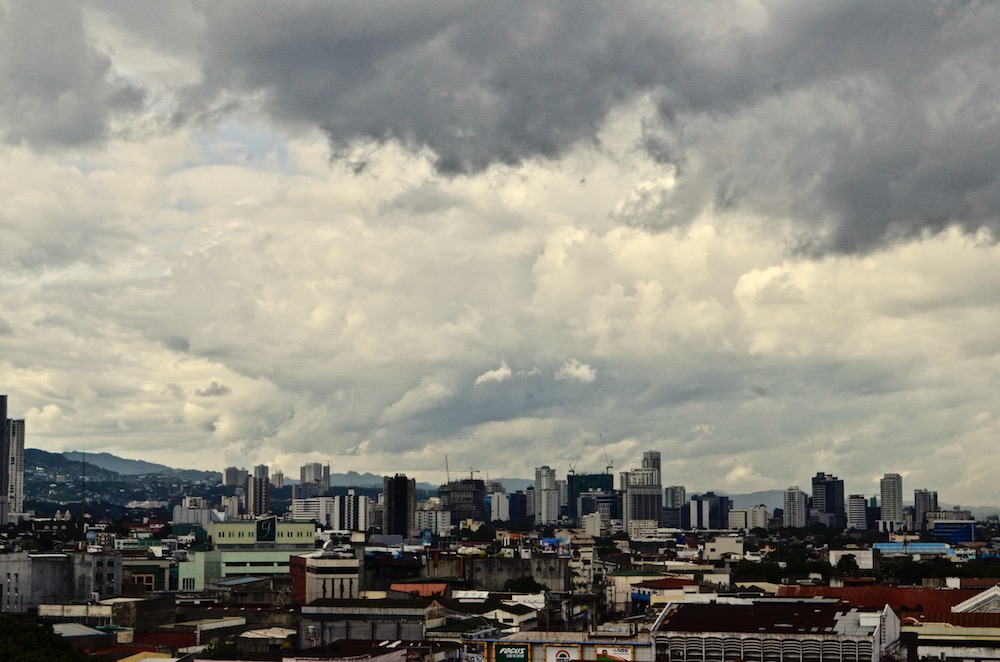

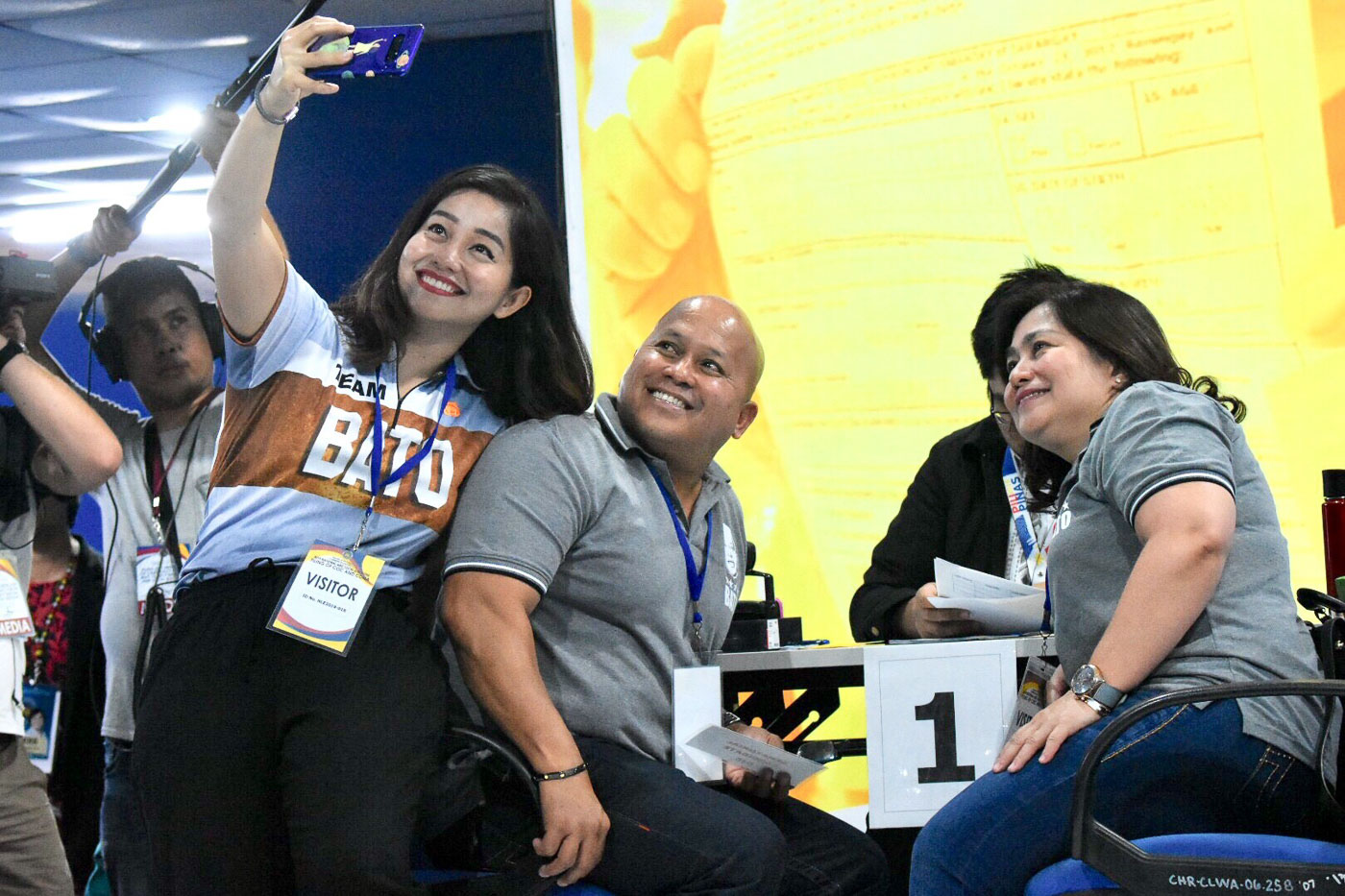
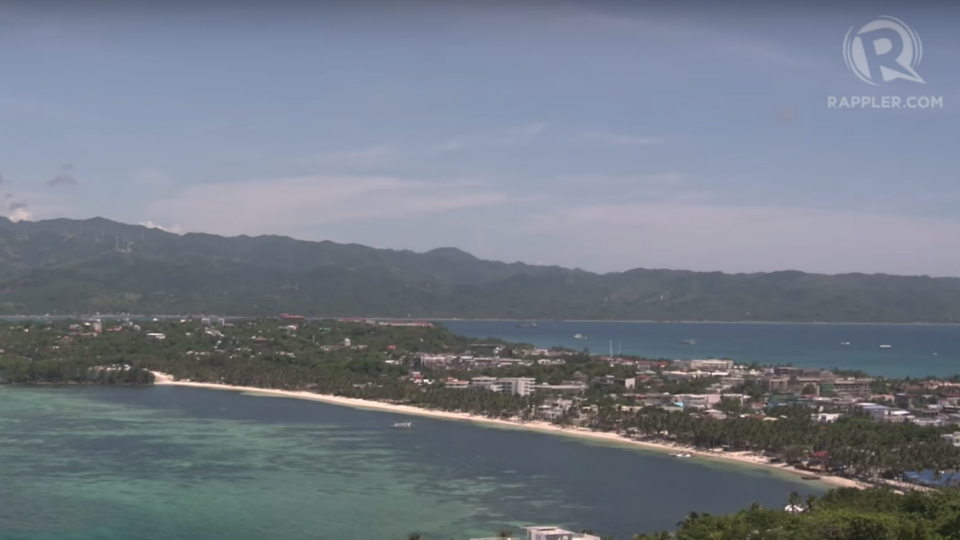


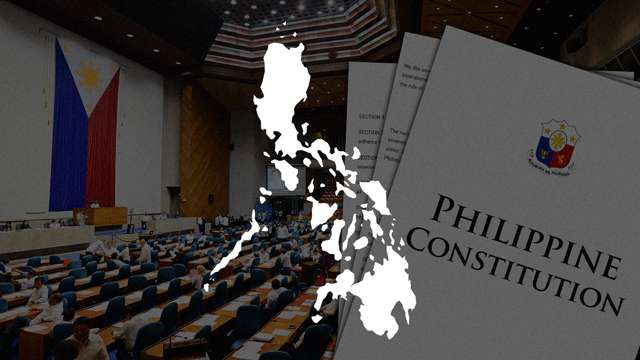





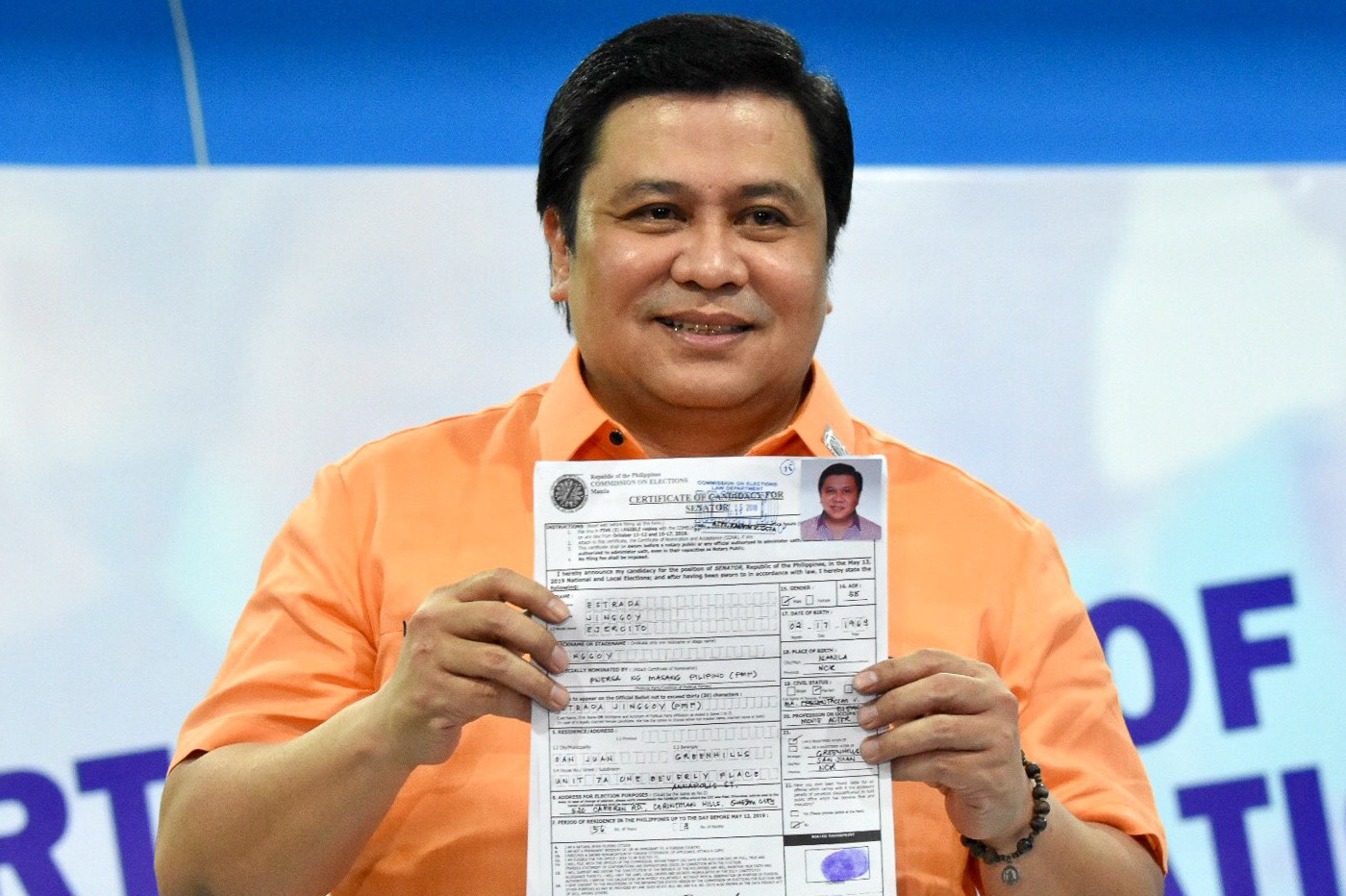
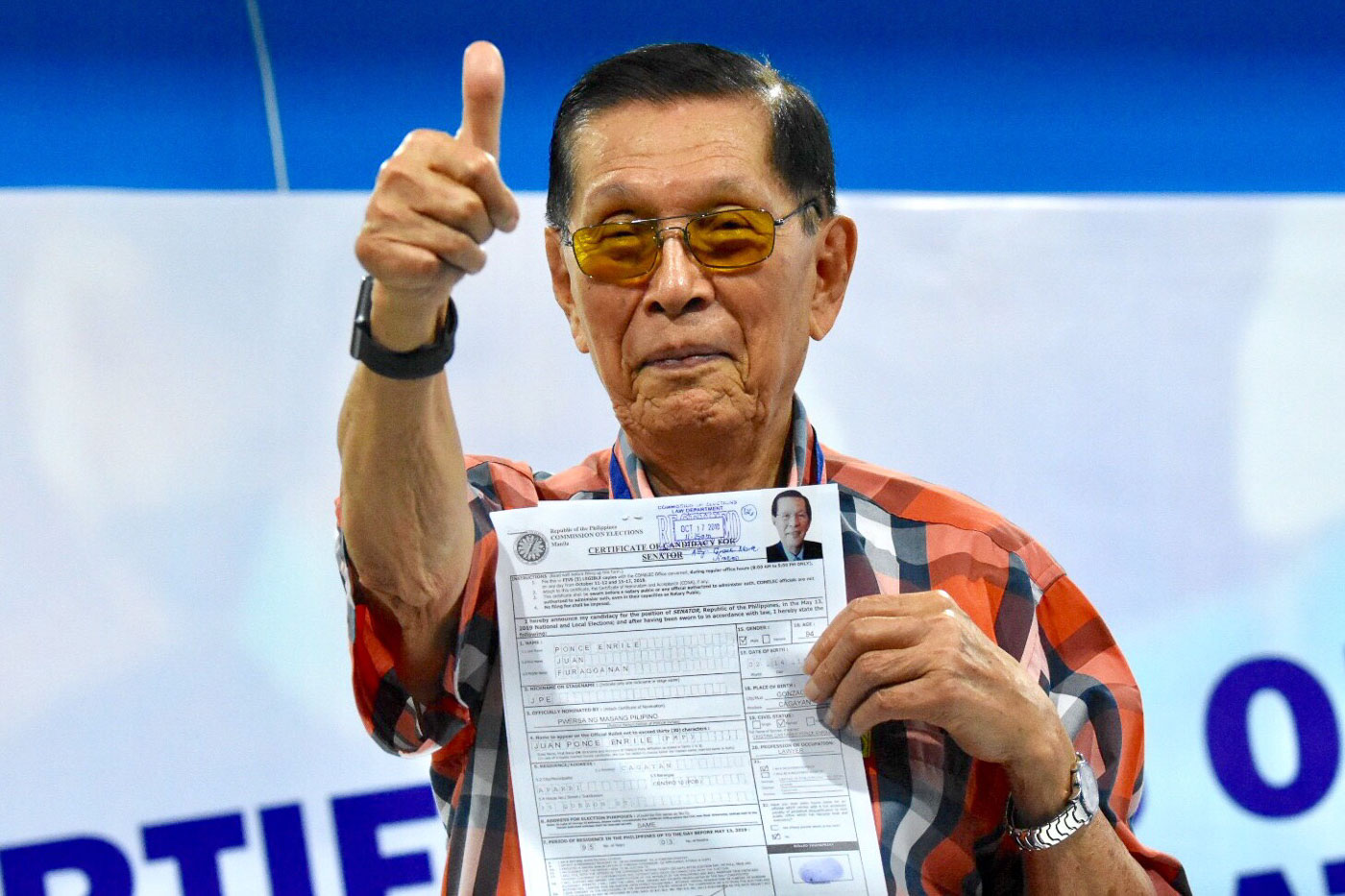
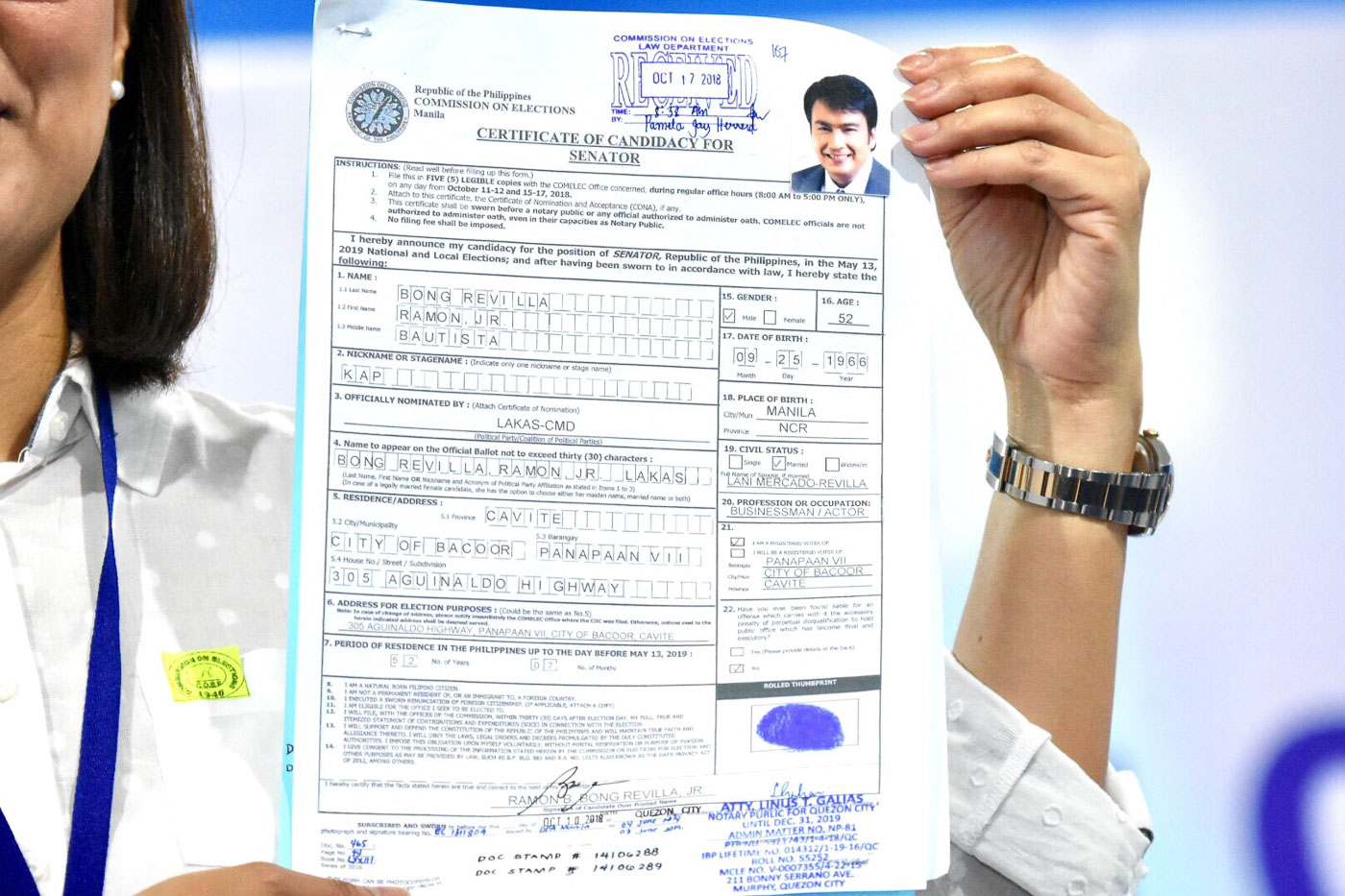
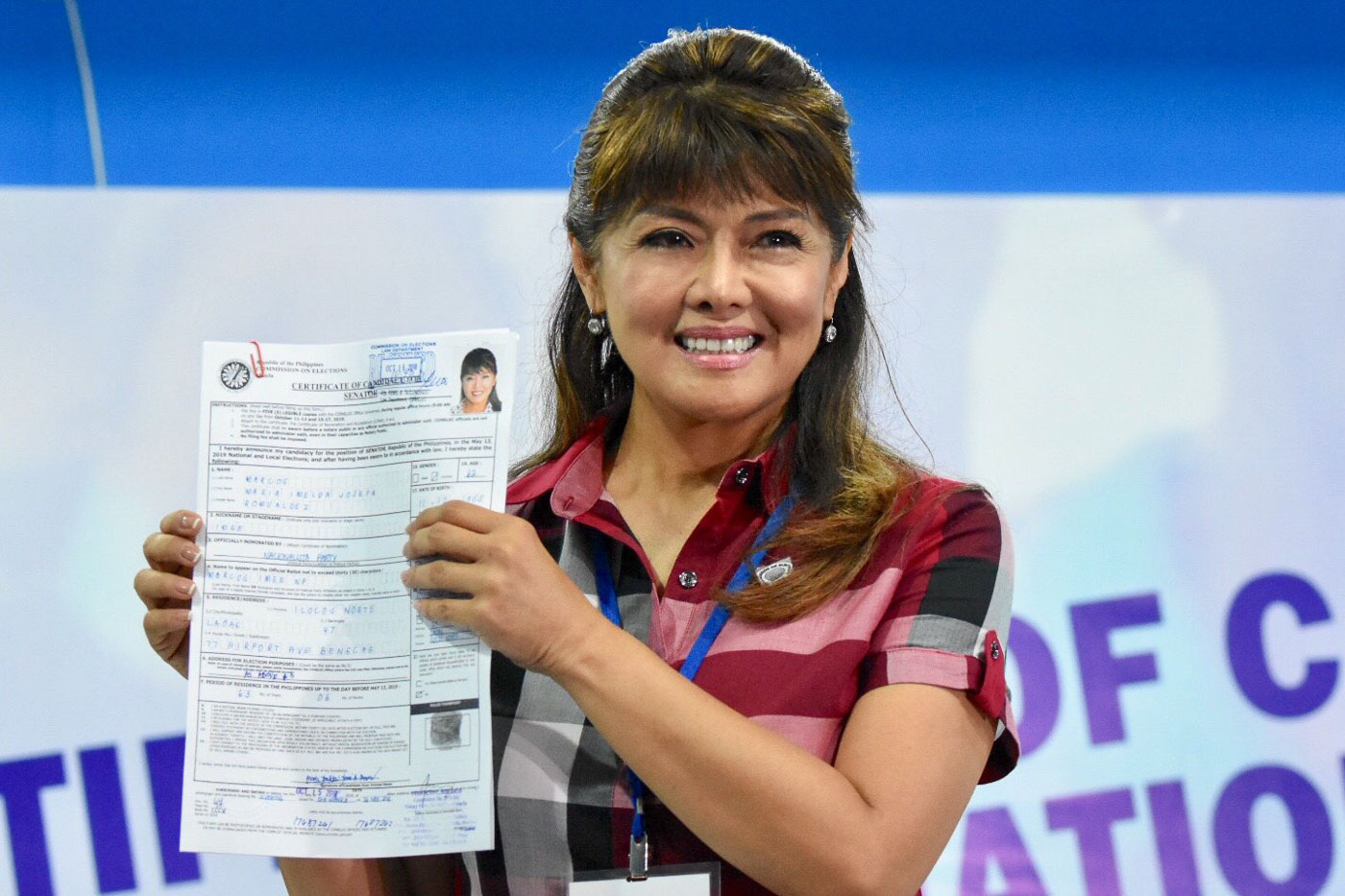
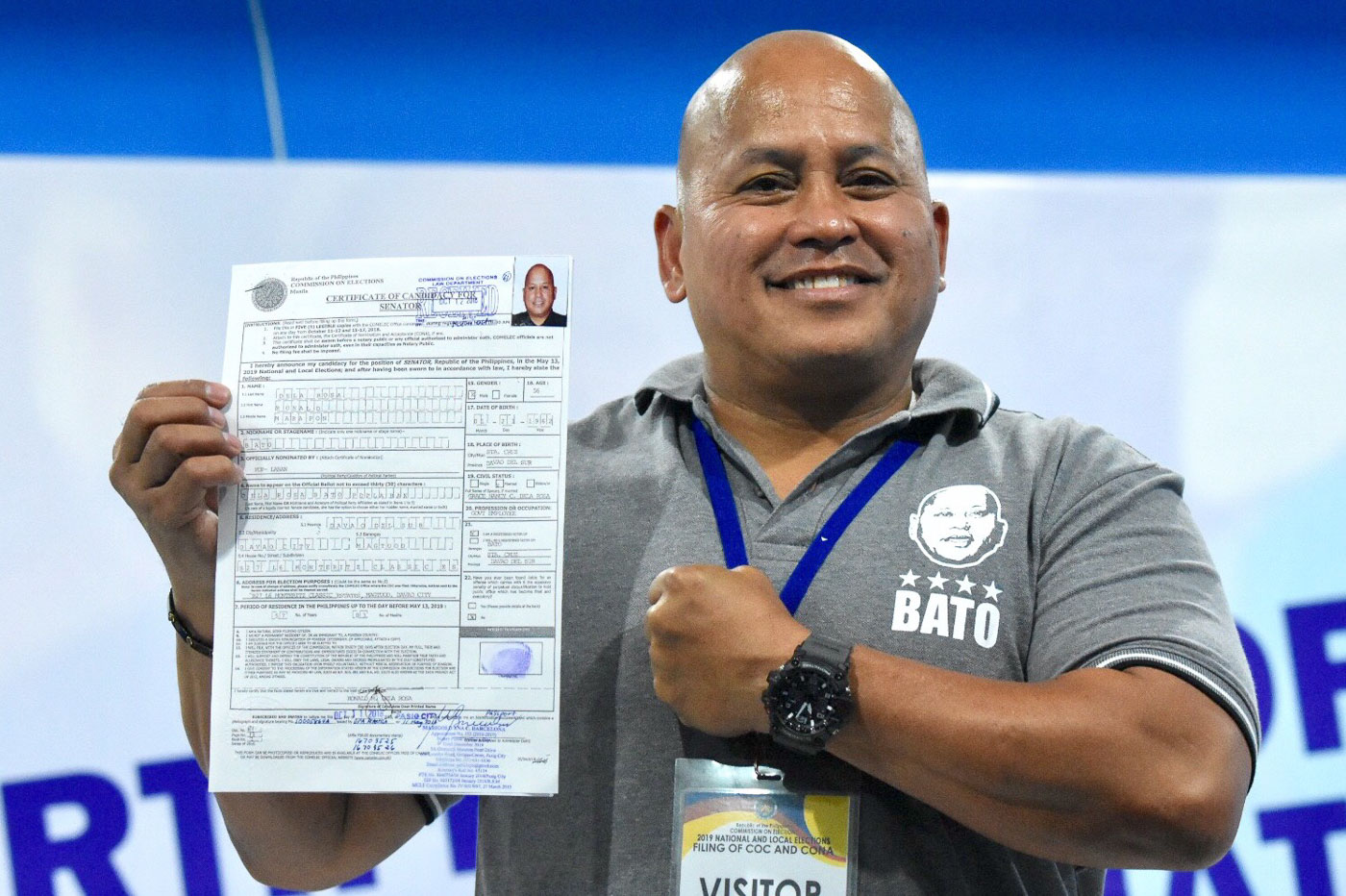
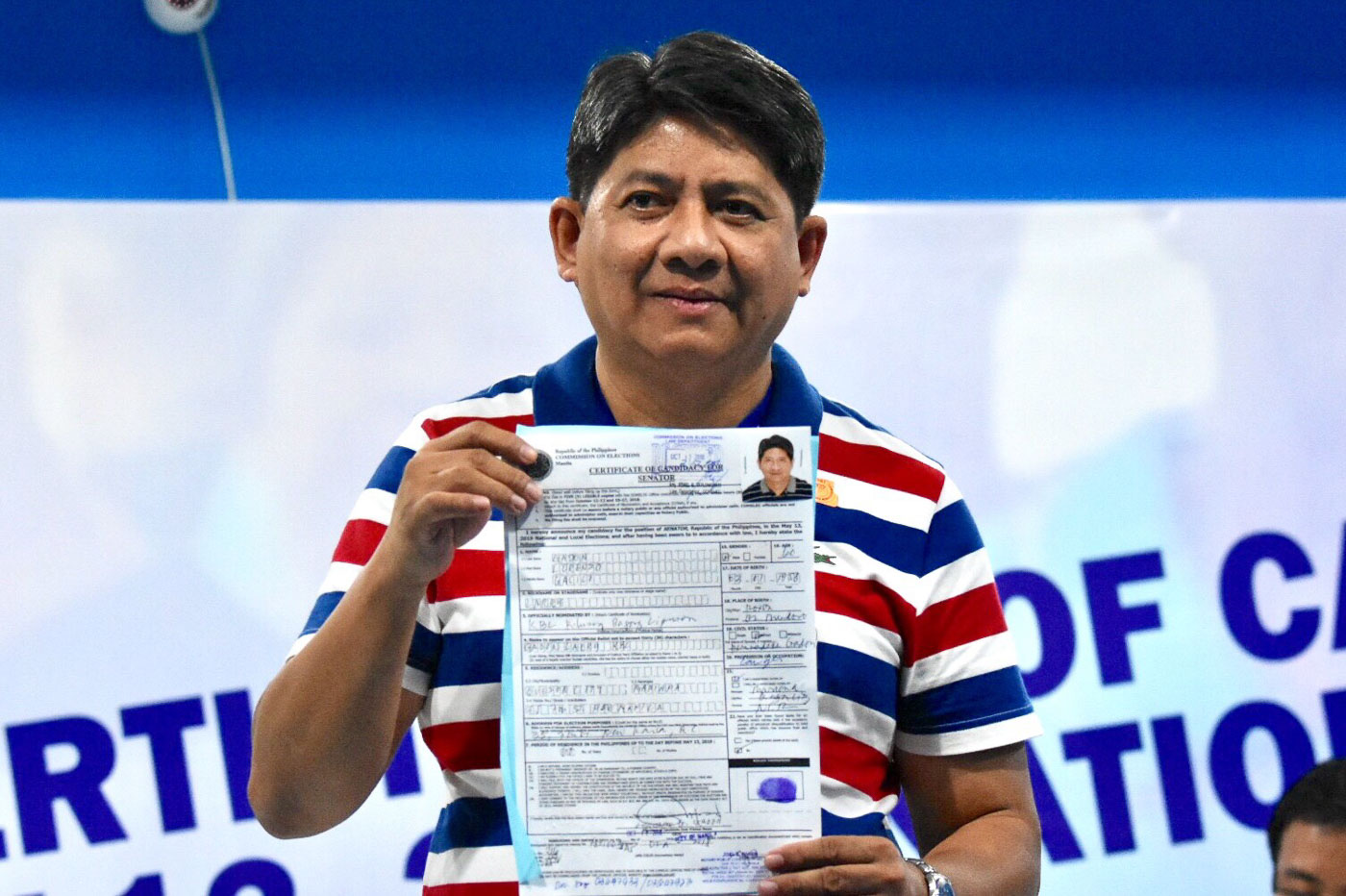
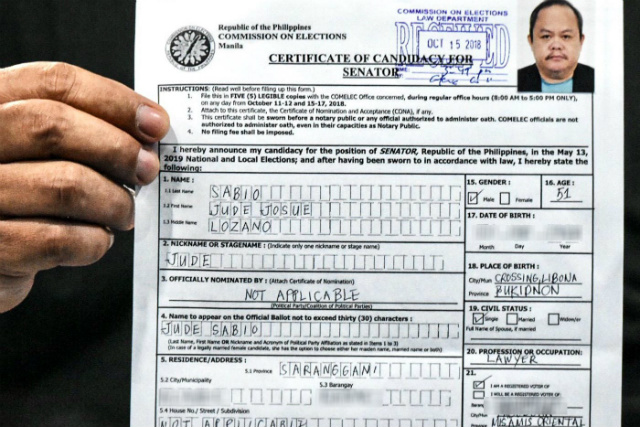
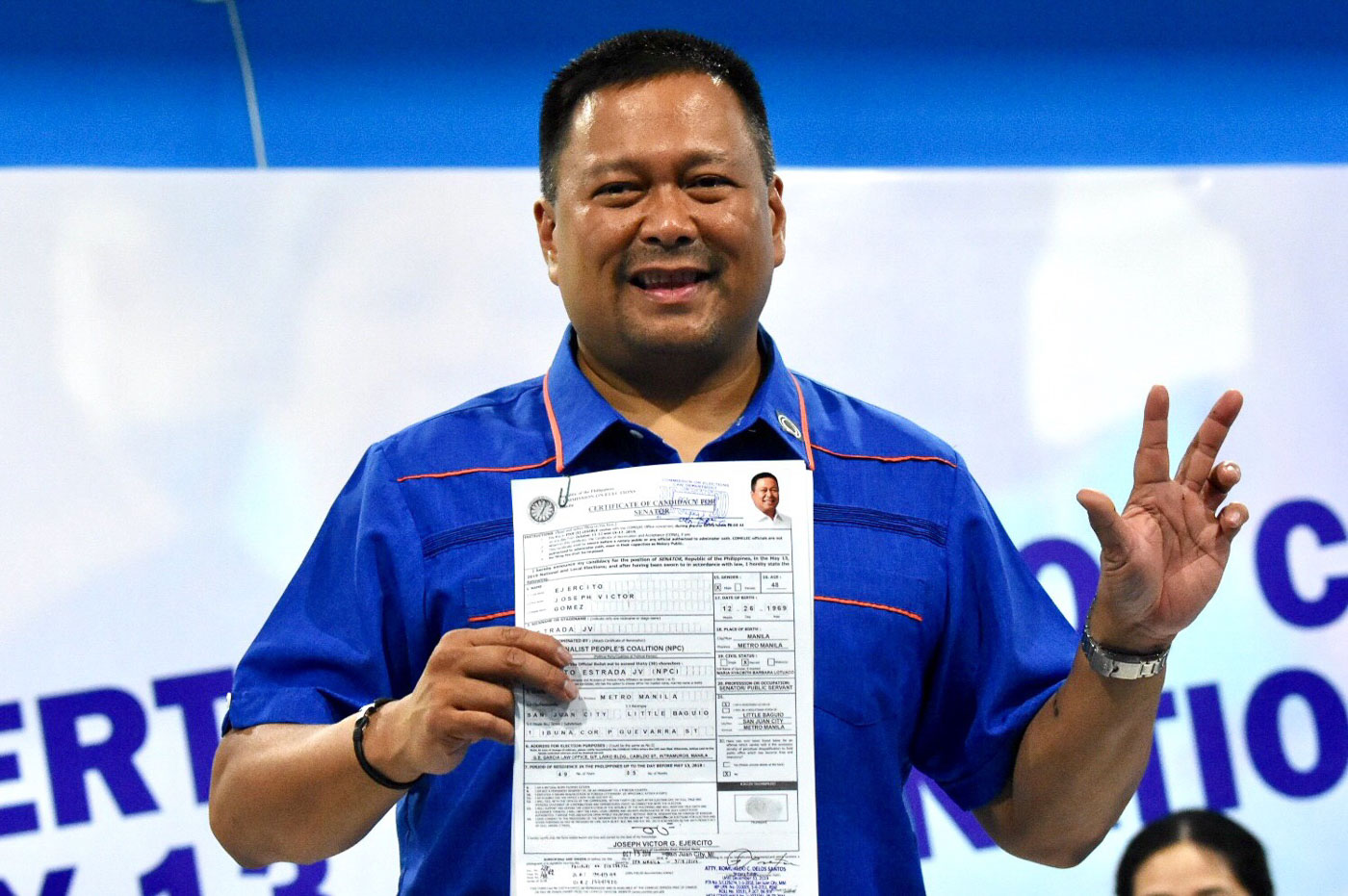
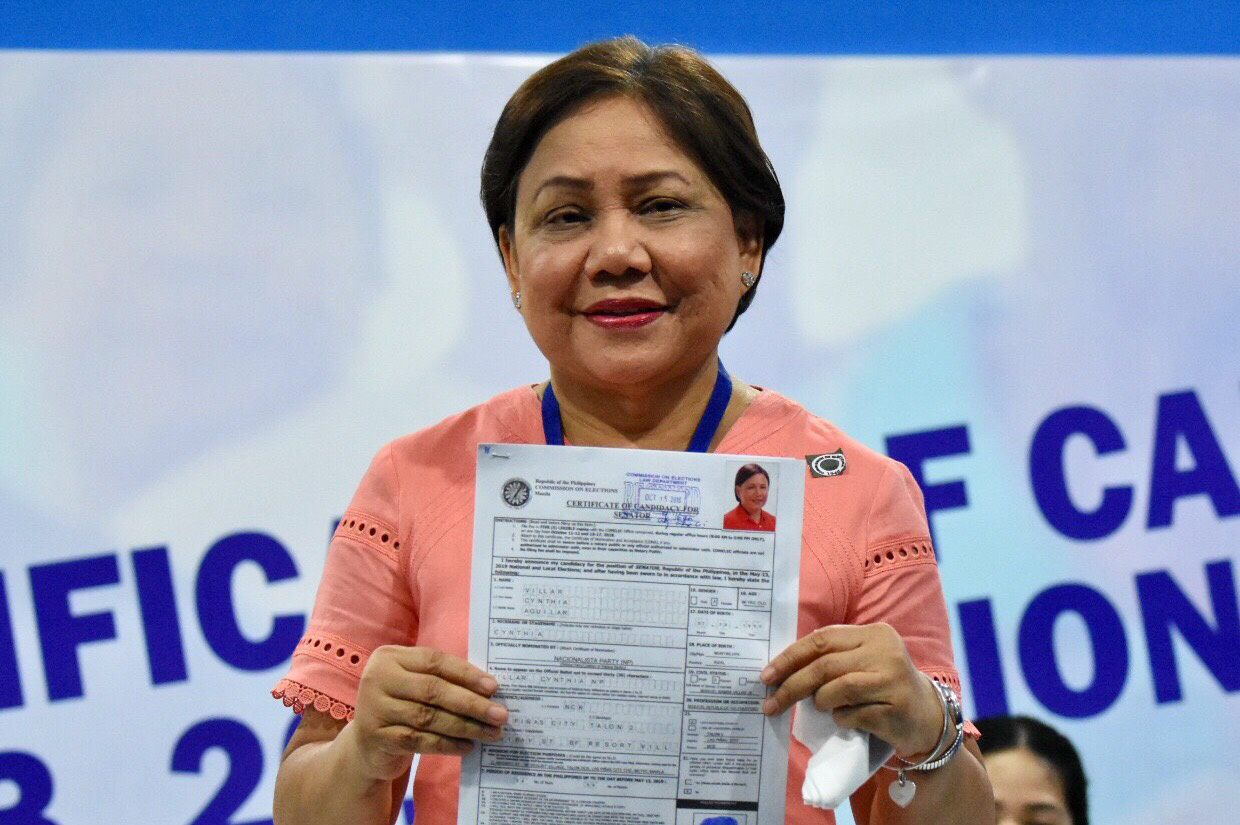
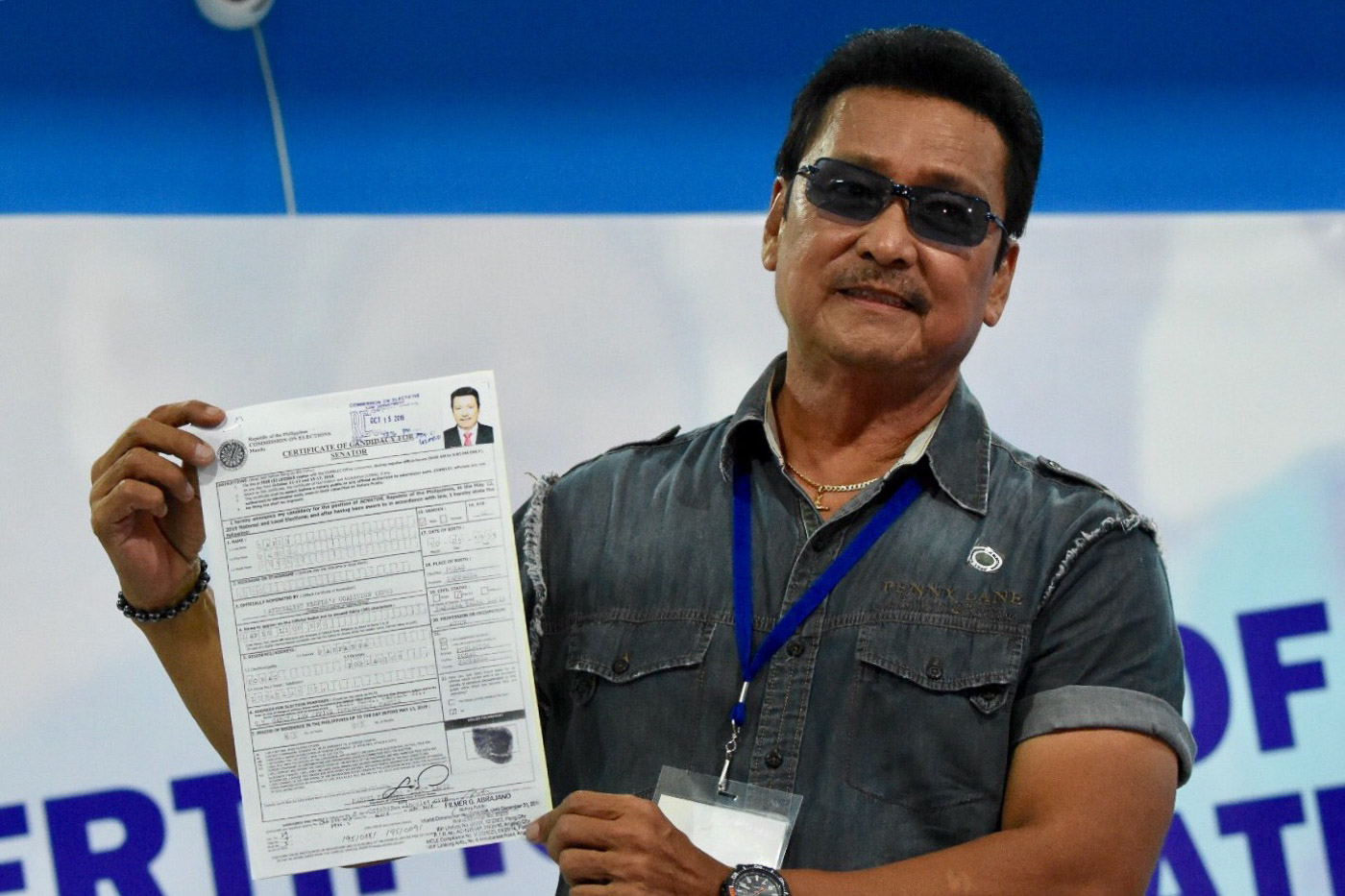
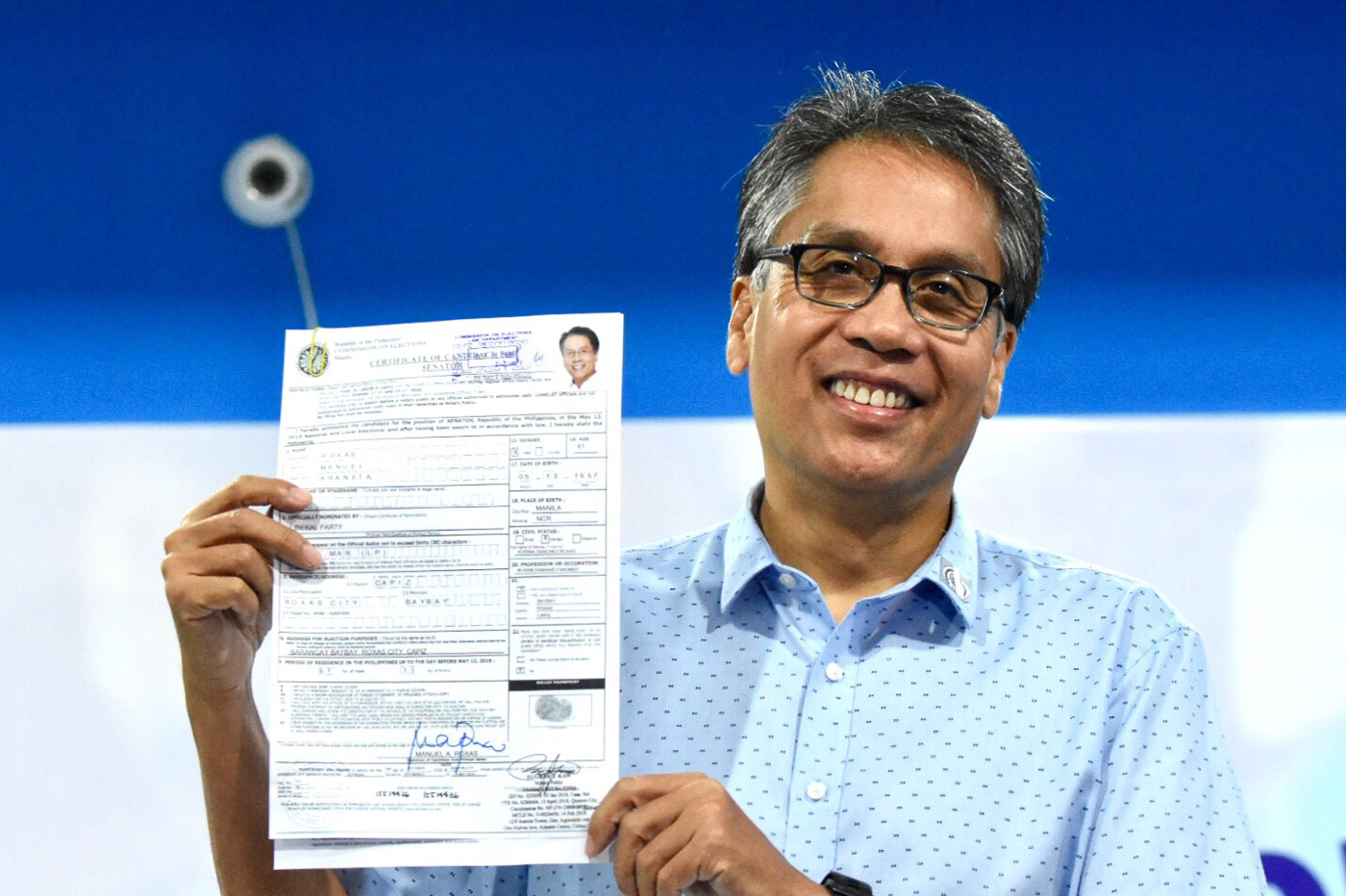

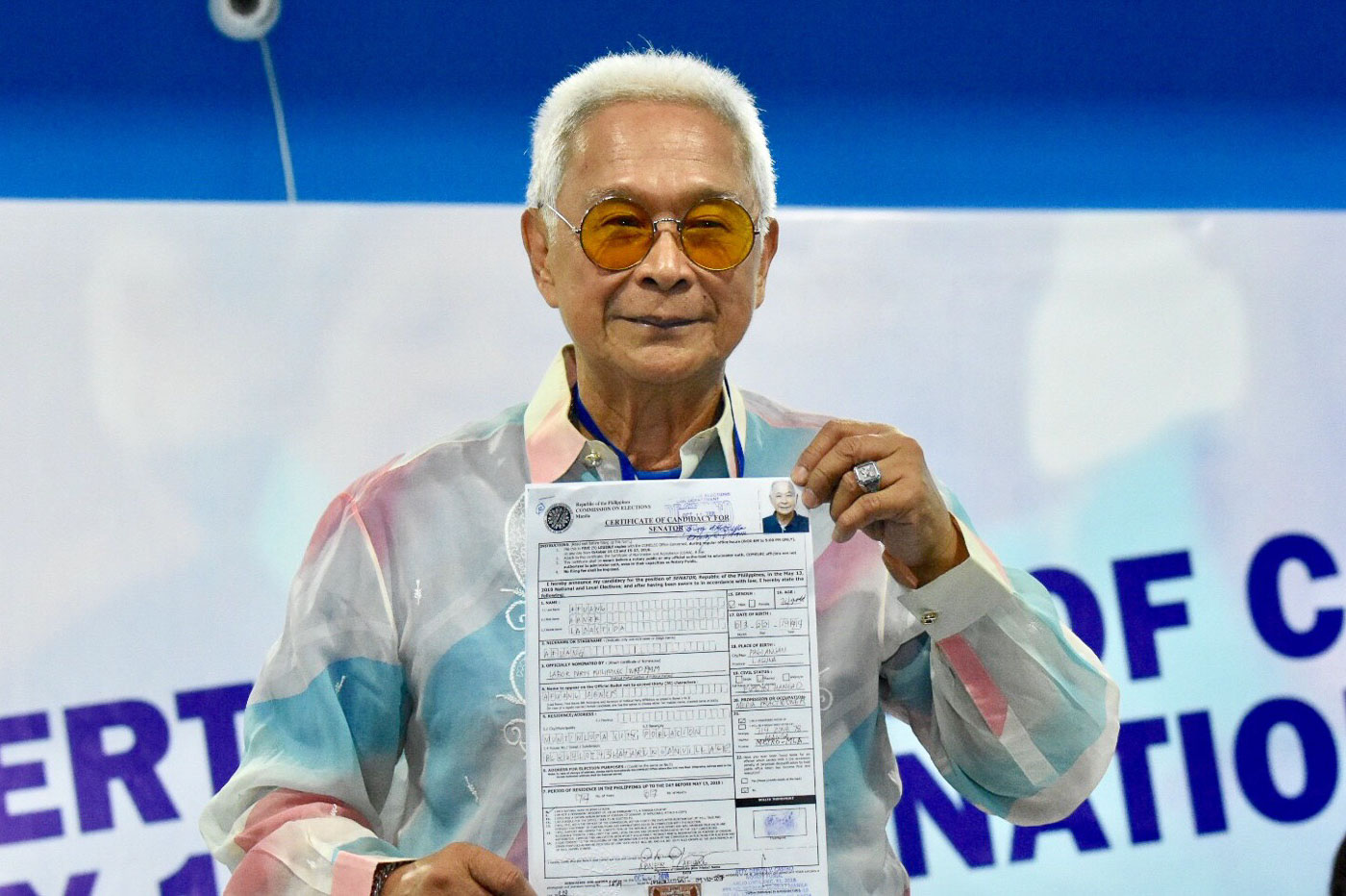
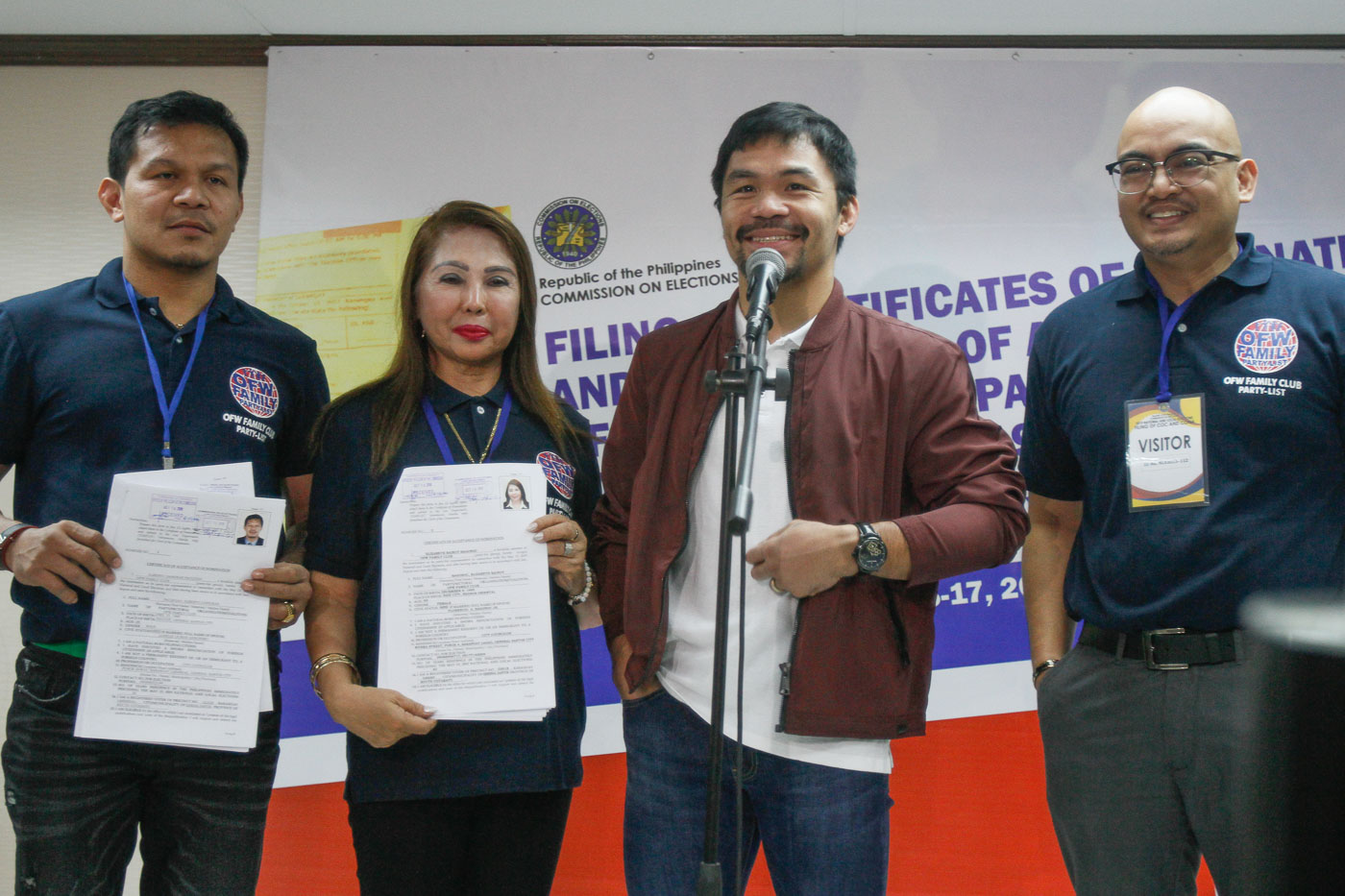
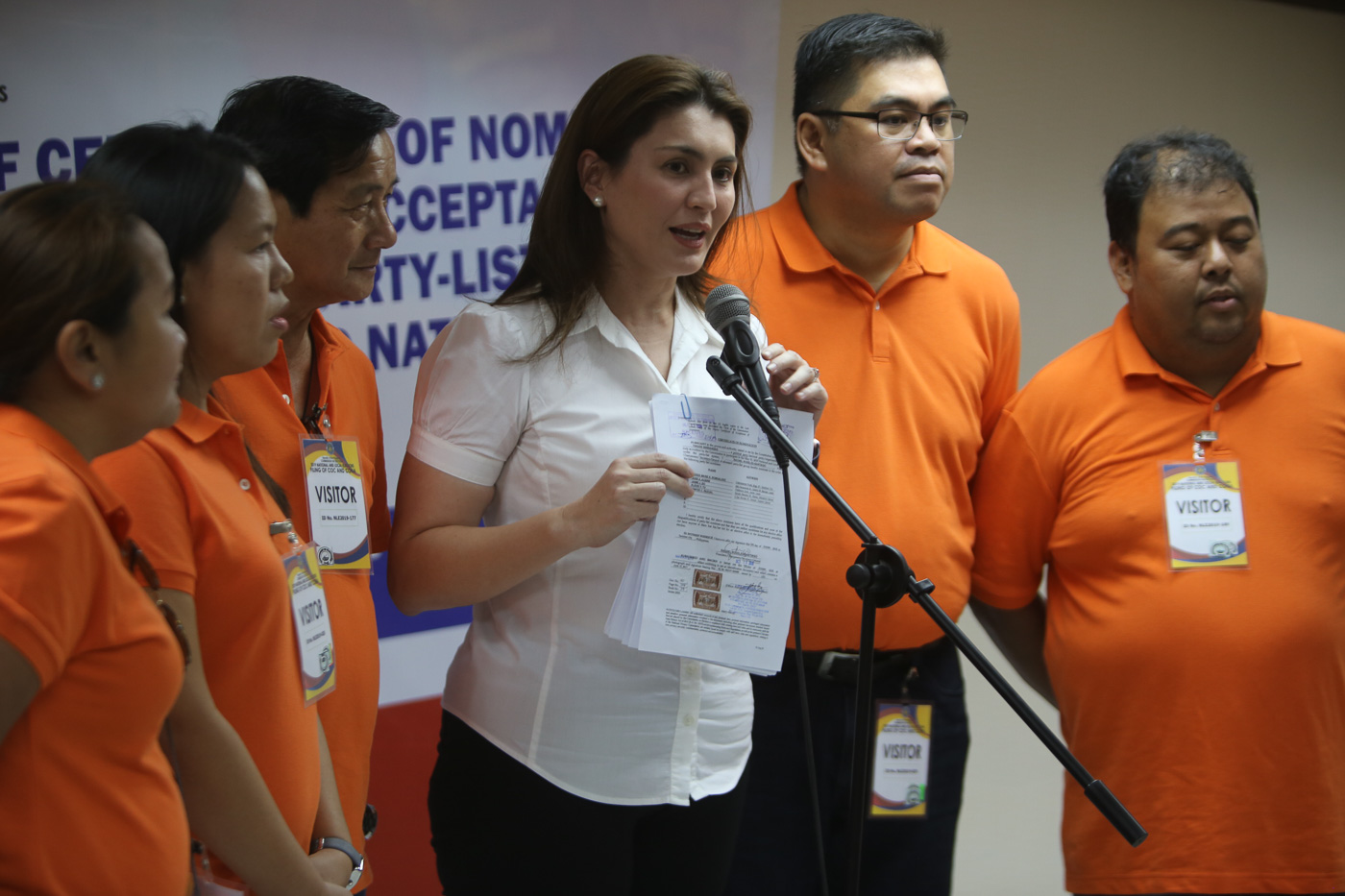
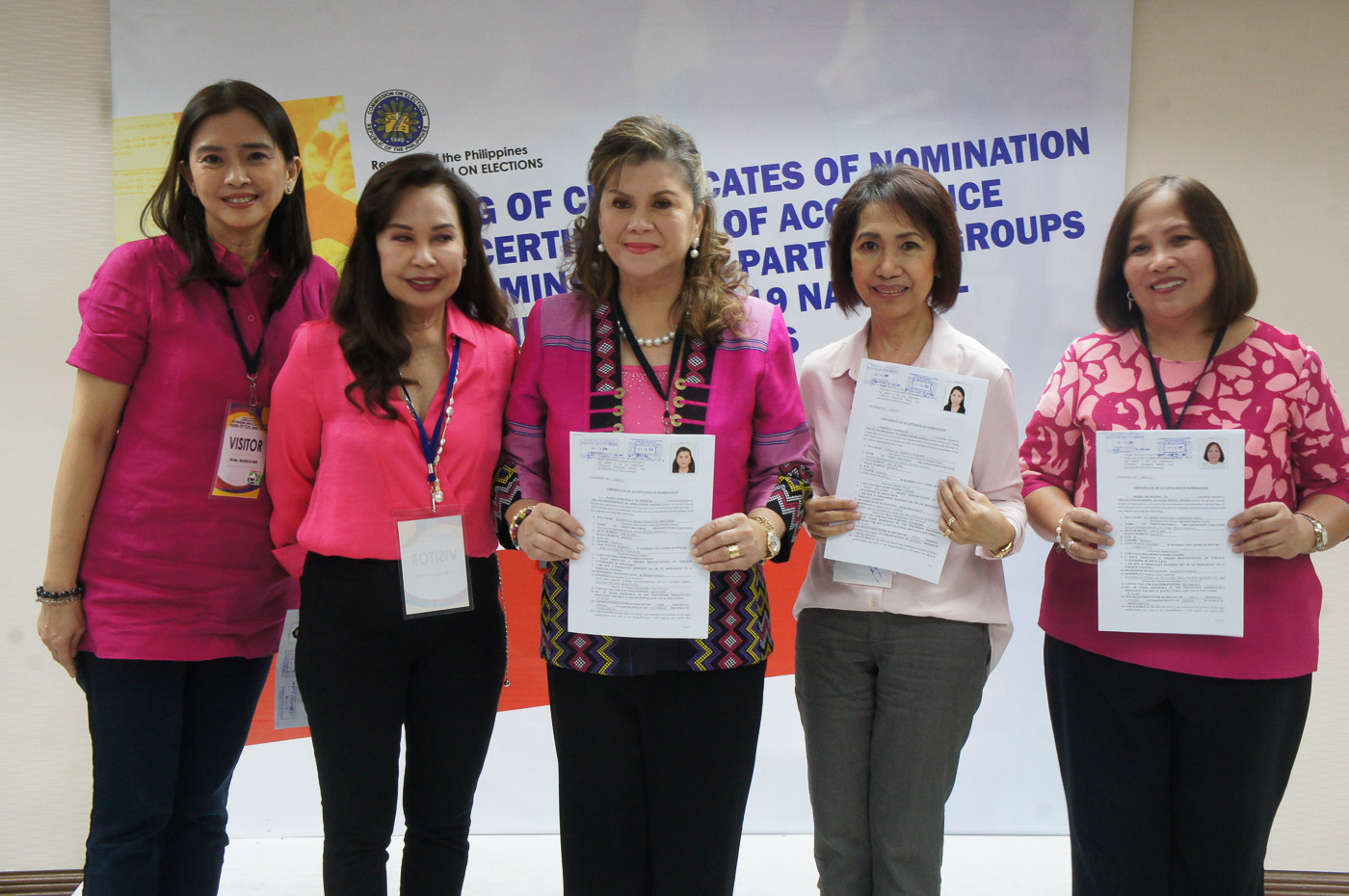
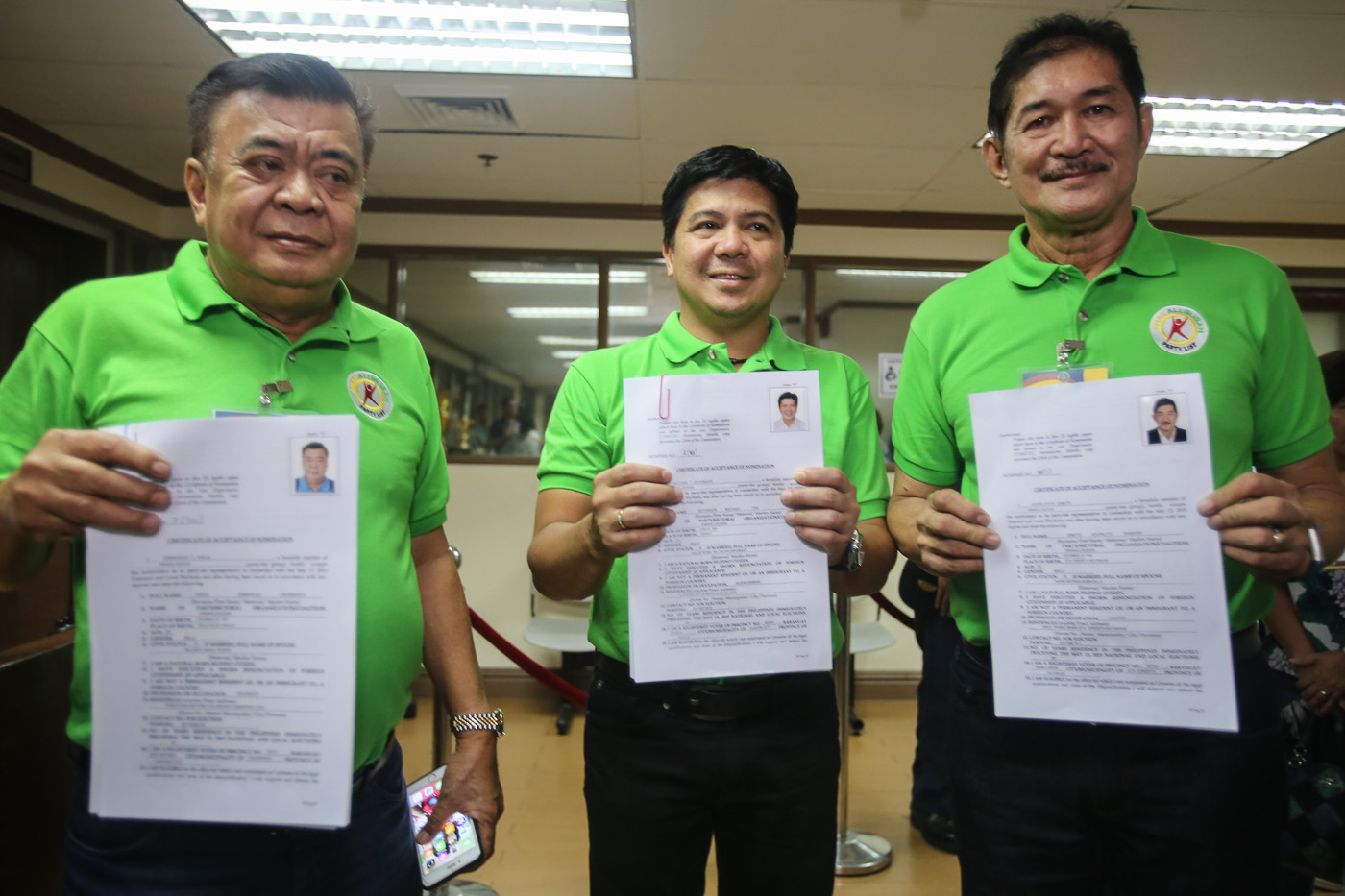
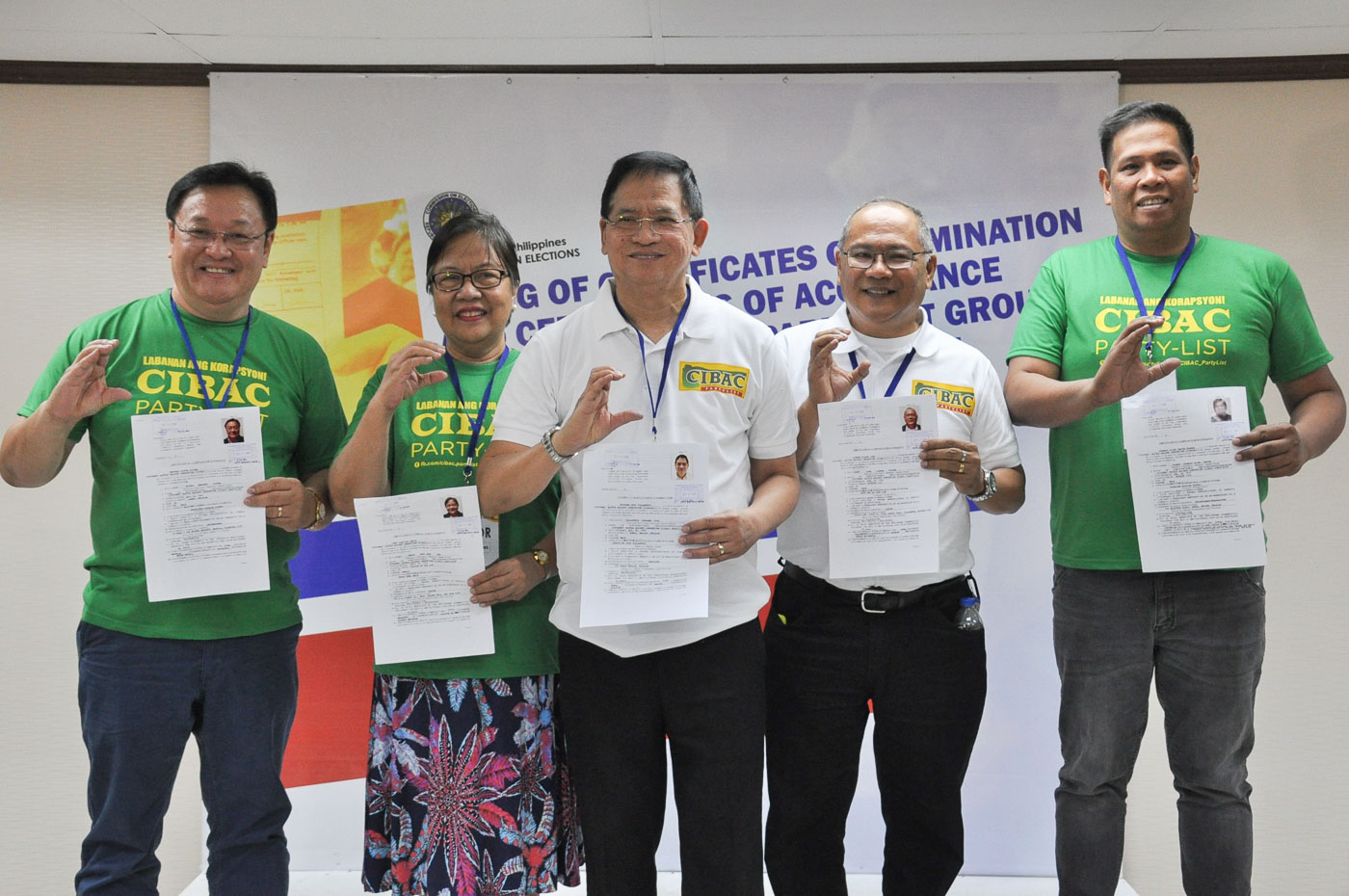
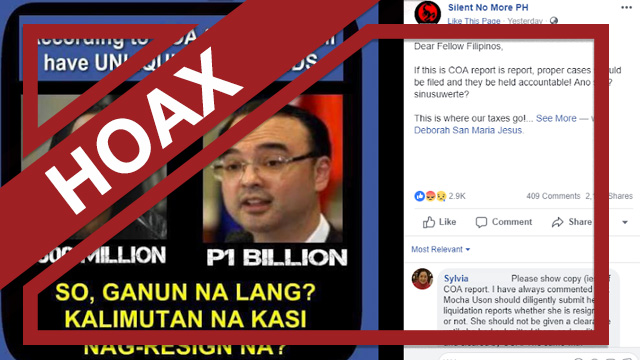





![VICTIM OF HOAX. Magdalo Representative Gary Alejano advises readers to be 'critical [of] all information that they see.'](http://assets.rappler.com/612F469A6EA84F6BAE882D2B94A4B421/img/86D62C2D28EE4B0FB9493098F092BDC4/alejano_go_quote_hoax.jpg)




